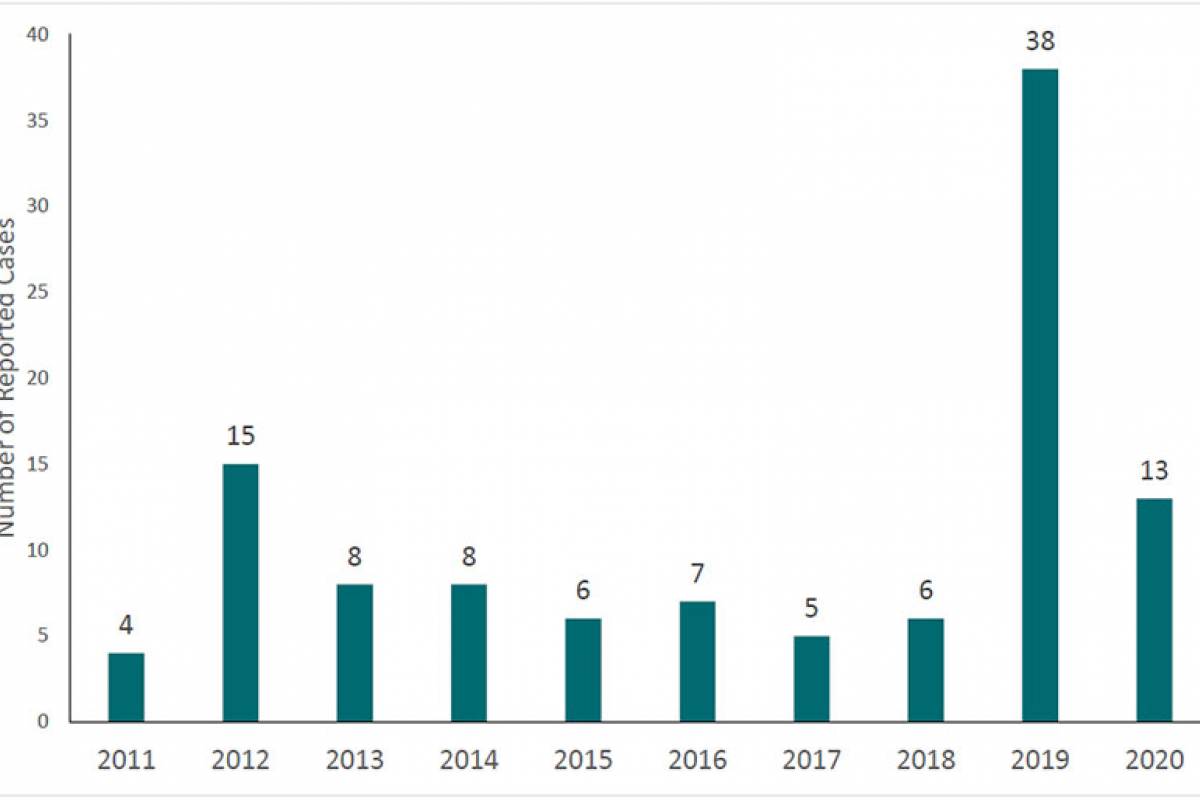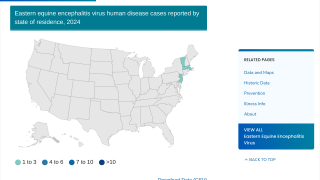$83 Million Vaccine Development Agreement Targets Equine Encephalitis Viruses

Bavarian Nordic A/S announced today a new agreement valued up to $83 million with the U.S. Department of Defense's (DoD) Joint Program Executive Office for Chemical, Biological, Radiological, and Nuclear Defense, for the advanced development of MVA-BN® WEV, a multi-valent, prophylactic vaccine candidate targeted against Western, Eastern and Venezuelan equine encephalitis viruses.
This virus can cause a rare but potentially fatal mosquito-borne illness in humans.
The MVA-BN WEV vaccine candidate was initially developed under an agreement with DoD in 2018.
Currently, no U.S. Food and Drug Administration-approved vaccines are available to protect people from these viruses.
"We are proud to continue our partnership with the U.S. government on developing a much-needed vaccine to combat equine encephalitis," said Paul Chaplin, President, and CEO of Bavarian Nordic, in a press release on December 23, 2022.
"Using the same platform technology, upon which our mpox vaccine was also built, we are truly leveraging our core experience in R&D innovation and vaccine manufacturing to help build a stronger preparedness for the U.S. and its citizens."
"And we look forward to continuing our work with DoD on this vital program. "
The new agreement covers the costs for a clinical Phase 2 dose-finding study of MVA-BN WEV, further non-clinical studies, process development, and manufacturing of clinical trial material.
Furthermore, the agreement includes options valued at USD 28 million to support Phase 3 preparations. The base agreement will run from 2023 through 2026.
Based on current projections, the Phase 2 clinical study could start in 2024.
Furthermore, based on the ability of the MVA-BN® vaccine platform to protect against multiple threats, this effort can pivot and expand to other threat agents of interest.
In recent years, the U.S. has seen a rise in human cases of eastern equine encephalitis virus (EEEV), particularly in the southern and northeastern parts of the country, correlating with increased observations of mosquitos carrying the virus in these regions.
According to the U.S. Centers for Disease Control and Prevention, 38 cases were reported in 2019, compared to an annual average of eleven cases over the past decade.
From 2011-2020, most cases of EEEV have been reported in Massachusetts, Michigan, Florida, Georgia, New York, and North Carolina.
The advanced development of MVA-BN WEV is funded in whole or in part with federal funds under agreement W911SR-23-9-0008.
Our Trust Standards: Medical Advisory Committee




